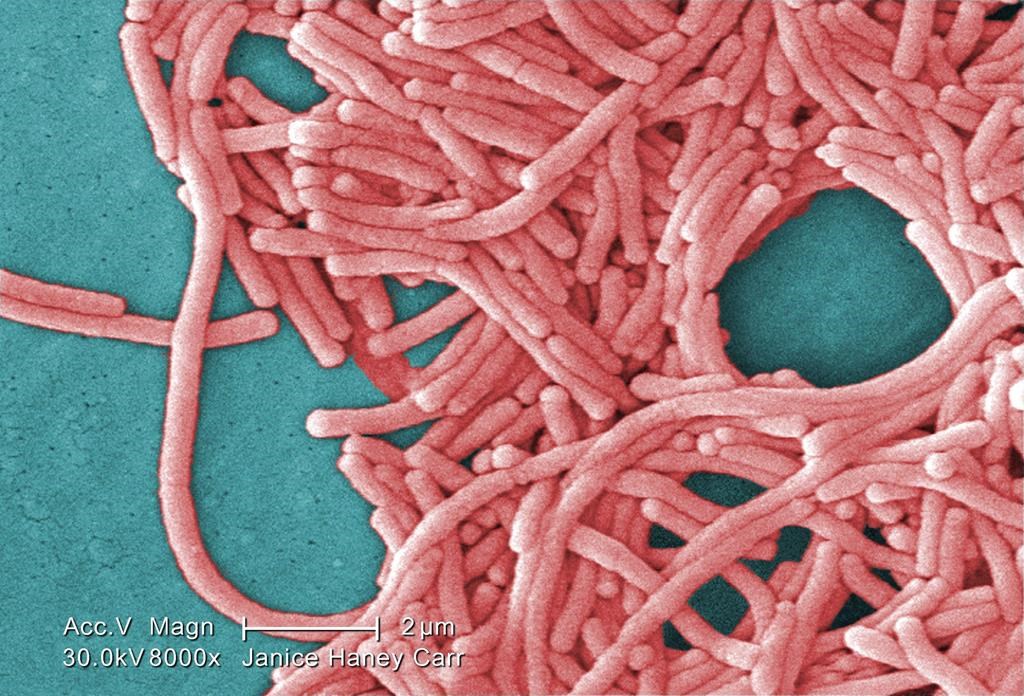The Middlesex London Health Unit (MLHU) says it has found evidence of the bacteria that causes legionnaires’ disease as a local outbreak continues.

Officials with the MLHU said Wednesday during a press meeting that 24 cases have been confirmed in the region, with four people currently in hospital and one confirmed fatality. This is up from the 22 cases reported last Friday.
No details about the deceased, including name, have been released, but it has been confirmed that they were over the age of 50.
Legionnaires’ disease is a respiratory illness caused by a bacteria called legionella, which is usually found in warm water sources such as hot water tanks and air-conditioning systems.
Symptoms include high fever, chills, a dry cough and shortness of breath and can lead to pneumonia, and begin two to 10 days after encountering the bacteria.
The MLHU says around a dozen cooling towers in a five-kilometre radius where a majority of cases either live or work were tested, with evidence of legionella being found in three.

Get weekly health news
Dr. Joanne Kearon, the acting medical officer of health with the MLHU, says the investigation will still take some time, and it’s possible the source won’t be found “for a variety of reasons.”
“A five-kilometre radius is still quite a large geographic area, and so that does mean that the investigation may take some time,” Kearon said. “We have already been urging people operators to be looking at their maintenance records and … systems and ensuring that it is sanitized and maintained up to date. And so, by the time that we get to sampling them, the location may already have been sanitized and the risk removed.”
It’s not confirmed if any of the sites with evidence of legionella are linked to the current outbreak.
The outbreak is being considered a “community outbreak,” as it’s not related to any indoor exposure. The five-kilometre area where many cases have been confirmed is located in southeast London, but an exact location hasn’t been identified.
“Based on how legionella bacteria is transmitted, and the wide geography, providing a specific source would not help people understand their personal risk or take any actions to reduce their risk,” Kearon said. “It is not spread person to person or waterborne, or food-borne by eating contaminated food. A person becomes infected when they breathe in droplets that are misted into the air.”
The MLHU says additional guidance will be provided later for Londoners on how to clean and disinfect household items, such as shower heads, humidifiers and hot tubs, to prevent any local exposure.
Another update on the outbreak will be provided Monday afternoon.








Comments